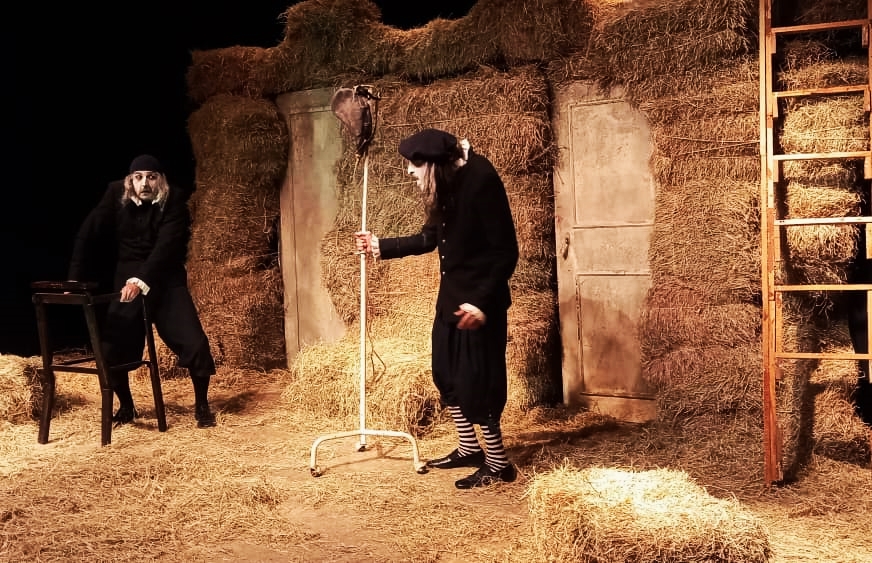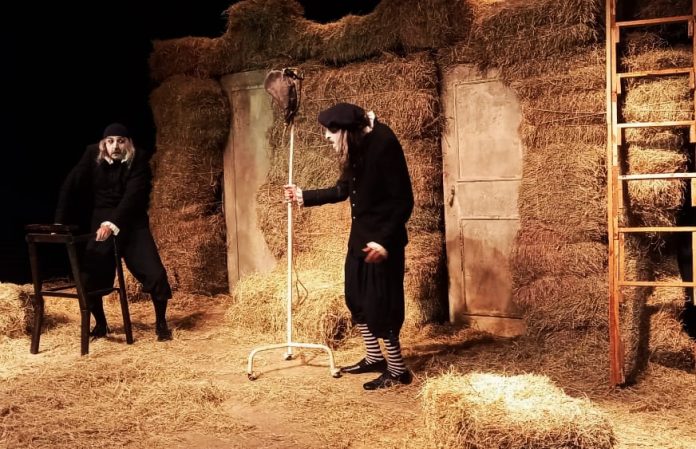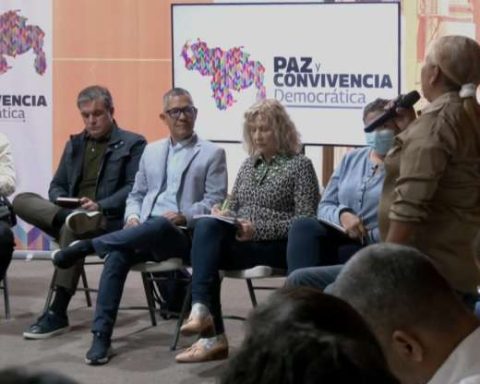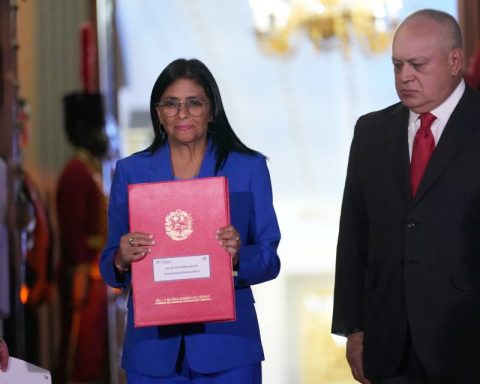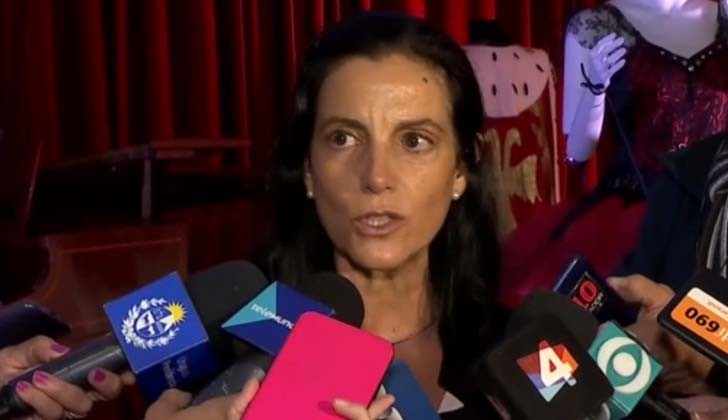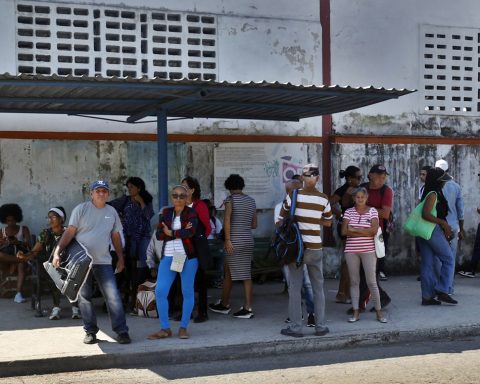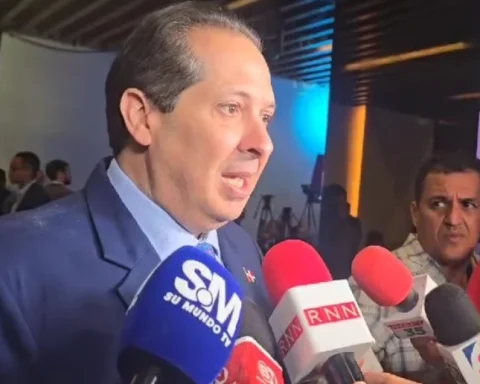“Two hours not complete”, this is how the actors warn the extension of the work Silence I come to ask. But the stillness that the name indicates is the least of it; live music, rhymes and songs are the appetizer of a staging that promises laughter until the last applause. This is the first piece The Matchbox presents (on the tables) since the beginning of the covid-19 pandemic. The long-awaited return of the group that lives in the Bello Monte Acoustic Shell took place on April 16, 2022. Although, once inside the small and cozy space, the audience travels back to the fifteenth century and the Latin American colonial era in a renovated theater room.
Under the direction of Orlando Arocha, and with the support of the Spanish embassy, six short stories, or interludes, from the Spanish Golden Age reflect on human beings, their circumstances and life in Silence I come to ask. Thus, in the works of the Spanish playwrights Miguel de Cervantes, Lope de Rueda and Luis Quiñones de Benavente; and in the narrative of the Colombian Luis Vargas Tejada, Margareth Aliendres, Rafael Humberto Carrillo, Jesús Das Mercês, Antón Figuera, Orlando Paredes, Abilio Torres, David Vázquez Heredia and Luvin Zabala act in different roles.
According to Arocha, the idea behind the staging, also inspired by the paintings of El Bosco, was to connect the public with the great theater classics. «It seems to us that it was the right moment after, let’s say, this cultural debacle or this drop in cultural life that has occurred in the country. One solution was to present great classics that would put the public in contact with these powerful works, and from there a new relationship with the theater would be born”, proposes the director, who also highlights that the works of the Spanish Golden Age sift through situations such as deception , hunger and injustice through a funny ironic laugh.
«I think that in the first minute the public feels a little surprised because they don’t know where this is going, but once we enter Cervantes and a story begins to be told about a girl who marries an old man, they go into in the humor, sagacity and sharpness of Cervantes. From then on the public runs perfectly well with Lope de Rueda. Then, it should be noted that there is music from the Colony and Latin America: from Mexico, passing through Venezuela, Colombia and Peru that liven up and integrate all that text. It is a cultural heritage that we have. And that helps the public enjoy the work a lot, something that they let us know with their applause », he affirms.
The assembly took five months, a process that for the director was pleasant, but severe and rigorous at the same time. In part, because a complex language typical of old Castilian is used; and, furthermore, because some pieces are narrated in verse. Then, explains Arocha, they wanted to go beyond the issue of time: to make contemporary the works that date back, even to the time of the discovery of America.
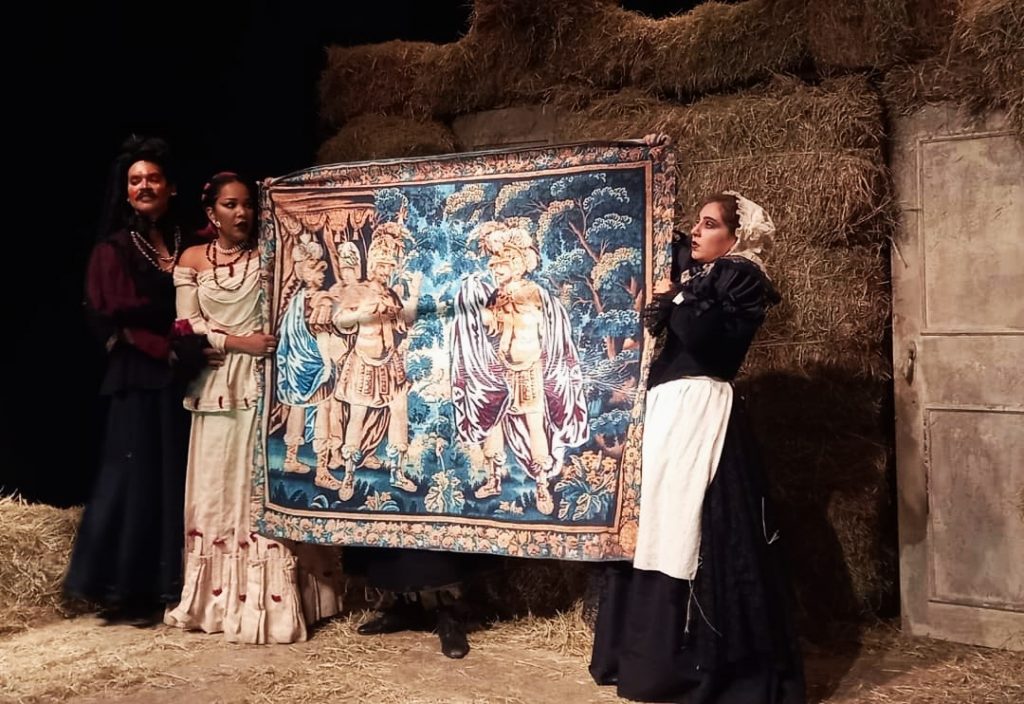
Interludes were sometimes written to be presented in the interludes of long works, so they had to be concise. And as much as they don’t leave a moral, they lead the viewer to reflect. «I think that the important thing is the properly theatrical things. The classics always link us with the best of theater because, if so many years have passed, and they are still valid, it is because they still have something to tell us. Linking with the classics can help us move forward. Above all, some classics that tell us about the society of their time in a forceful, ironic, critical way, but at the same time makes the public laugh, “says Arocha.
After the Spanish Golden Age, the French comedy
Once the season is over Silence I come to ask, The Matchbox will continue with a play written by Italian playwright Carlo Goldoni about iconic French comedic author Molière. And following the trail of the French writer, three Venezuelan playwrights, Gustavo Ott, Ana Melo and Elio Palencia, will present unpublished texts that revolve around the author of Tartuffe.
The group will also carry out a series of workshops that respond to the crisis that Venezuelan theater is experiencing today. Arocha comments that only in La Caja de Fósforos, more than 70% of his team has left the country. As a guest, Gaël Rabas, director specializing in French comedy, will give a workshop to appreciate Molière from the Italian commedia dell’arte. In addition, they will offer acting and directing courses both in person and online.
«Many people have left us, actors, directors, set designers, costume designers. And I think it’s time to rethink our position. In fact, our casts are becoming more open, there are new people coming in and we want to start with workshops and new plays to help prop up Venezuelan theater and guide it. I think that the meeting with the classics is a key point. We are also going to continue with our contemporary line and there are going to be many surprises that are still in the making,” the director points out.
the season of Silence I come to ask ends this weekend. The shows are on Friday at 6:30 pm and Saturday and Sunday at 4:00 pm at La Caja de Fósforos, located in Colinas de Bello Monte. The ticket costs $5, they have different payment methods, and can be purchased at the theater or reserved through the [email protected]
